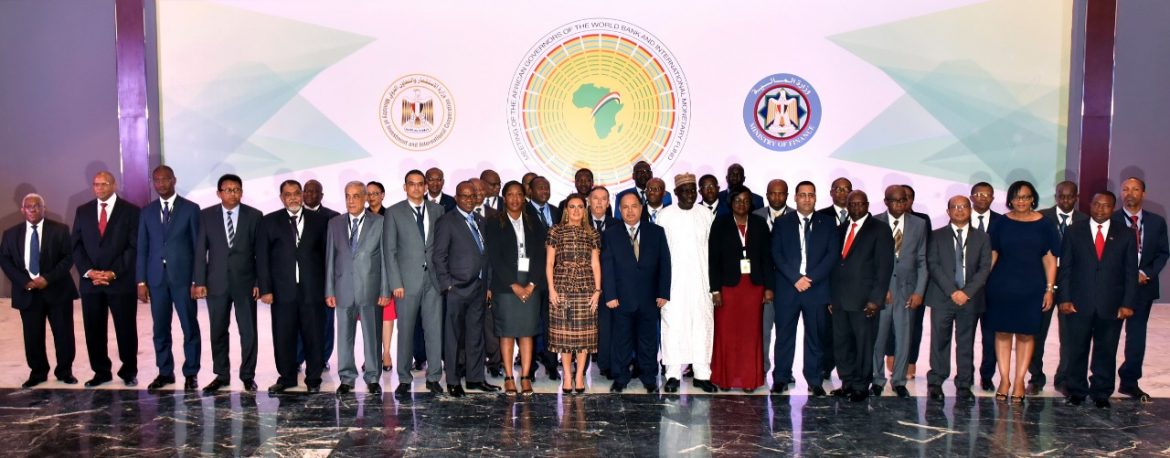The African Caucus-made up of Ministers of finance and economic development, and Central Banks Governors- has reiterated the call of Heads of State to donor countries for an ambitious and robust IDA21 replenishment target of US$120 billion to combat persistent and emerging challenges like climate change, food insecurity, energy deficit, and fragility.
At the end of a three-day 2024 African Caucus Meeting held in Abuja at the weekend, jointly hosted by the Federal Ministry of Finance and Central Bank of Nigeria (CBN), the Caucus also called on the International Monetary Fund (IMF) and World Bank Group to ensure that their support to member countries continues to be guided by principles of balance and evenhandedness, and consistent with their own policies.
The Governors underlined four key pathways to boosting intra-Africa trade, namely: strengthening pan African payment ecosystem, enhancing energy access, affordability, and connectivity; leveraging partnerships with MDBs, and reforming global financial architecture.
The meeting recognised the importance of intra-African trade in unlocking production, investments, and jobs in Africa, noting that African countries continue to trade with the rest of the world more than among themselves.
Read also: Report: Almost quarter of big fashion brands have no decarbonisation plan
The meeting agreed that addressing both tariff and non-tariff barriers to intra-African trade, including fragmented payment ecosystems, poor energy access, lack of infrastructure, inconsistent regulatory frameworks, and divergent cross-border procedures, was critical to bolstering Africa’s share of global trade and stimulating sustainable and inclusive growth in the continent.
Also, the meeting underscored the point that trade could stimulate economic growth by creating opportunities for increased production, investment, and job creation, stressing that it provides access to larger markets, new technologies, and capital.
The meeting rationalised that these considerations are more important at a time when countries are being assailed by adverse exogenous shocks and facing immense financing needs.
The gathering took place amid a synchronised global economic slowdown, with global Gross Domestic Product (GDP) growth decelerating due to monetary tightening in developing countries and disruptions in global supply chains, exacerbated by geopolitical tensions, including the Ukraine and Palestinian crises.
These factors, the meeting noted, further strain development prospects, and despite Africa’s remarkable resilience, evidenced by its GDP growth, intra-African trade remains relatively low, accounting for only about 14.4 percent of total African exports.
The meeting resolved to deliver the outcomes of the 2024 African Caucus deliberations after summarising in a Memorandum to the Heads of the Bretton Woods Institutions (BWIs) in October 2024, during the Annual Meetings of the IMF and the WBG, in Washington, USA.
Story was adapted from Tribune.
